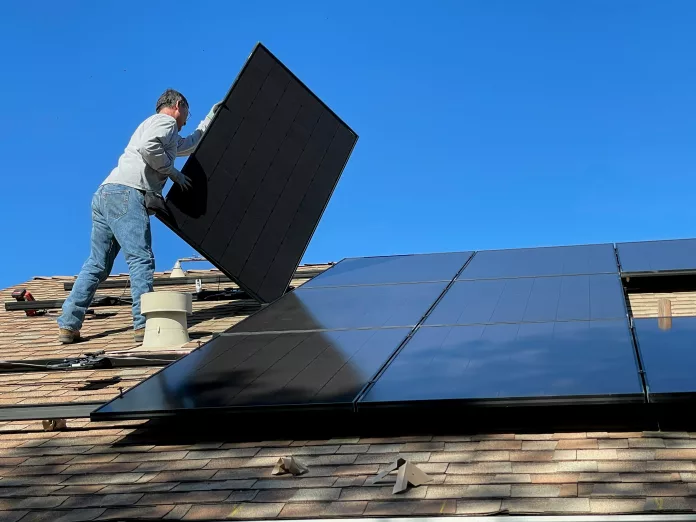Solar microgrids are creating a more sustainable and resilient future by providing crucial energy solutions, particularly in areas prone to natural disasters.
Advancements in Climate Resiliency for Dominica
In a significant stride towards its vision of climate resiliency, Dominica has embraced the power of solar microgrids. The Ministry of Education, propelled by the support from the Clara Lionel Foundation (CLF) and the RMI, celebrated the integration of advanced energy systems into two primary educational institutions. These establishments, situated in Morne Prosper and Paix Bouche, double as safe havens during hurricanes.
Empowering Communities with Renewable Energy
These novel microgrids boast a 10-kilowatt solar capacity coupled with a robust 76 kilowatt-hour battery storage system, ensuring a steadfast electricity supply amidst both routine school operations and extraordinary weather events like hurricanes. The utilization of these systems marks a monumental step in securing energy independence and resilience for the local communities.
Reconstruction and Renewal Post-Hurricane Maria
The devastating impact of Hurricane Maria in 2017 left the Morne Prosper Primary School and Paix Bouche Primary School in ruins. The Dominica Schools Microgrid Project not only rebuilt the infrastructure but also fortified these key community centers with resilient energy systems, transforming them into safe educational spaces and dependable shelters.
Community Empowerment and Knowledge-Sharing
Beyond financial and technical contributions, CLF and RMI’s project deeply involved residents to cultivate a thorough understanding and appreciation of the advantages of solar and battery energy solutions. The engagement fostered a spirit of knowledge-sharing and communal strength, reinforcing the idea that such initiatives can maintain community vibrancy in the face of increasingly severe climate impacts.
Inspiring Regional Momentum for Climate Action
Ije Ikoku Okeke from RMI and Krystle Francis from CLF both emphasized the broader implications of the project, aspiring to trigger an influx of climate and energy resilience investments across Dominica and the wider Caribbean region. Their contributions were recognized at the 2023 Caribbean Renewable Energy Forum (CREF) awards, spotlighting the project as a potential catalyst for similar renewable initiatives.
The success of this collaborative effort in Dominica stands as an exemplary model for integrating renewable energy solutions into community planning, encouraging more entities to invest in sustainable and resilient energy infrastructures across the Caribbean and beyond.

























